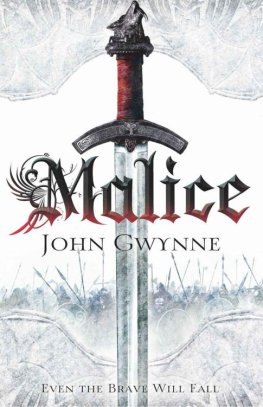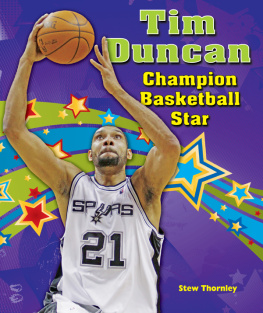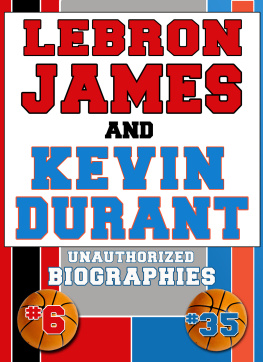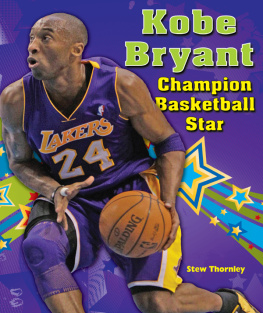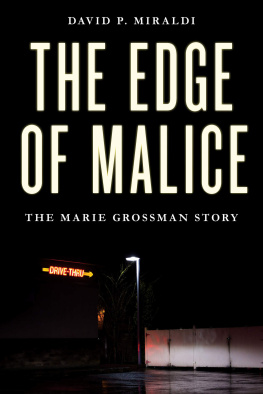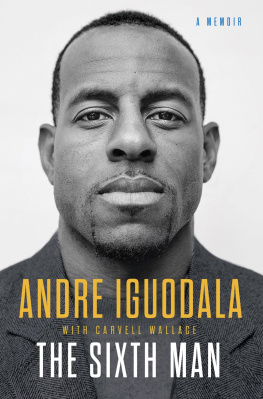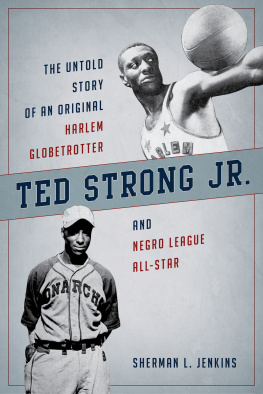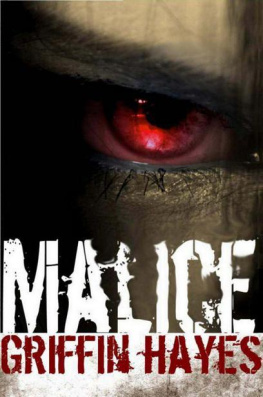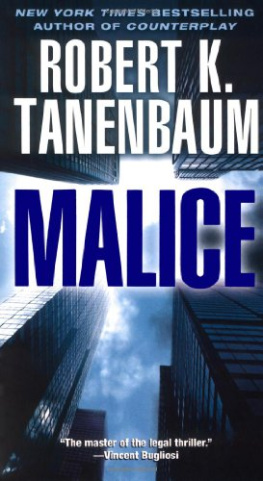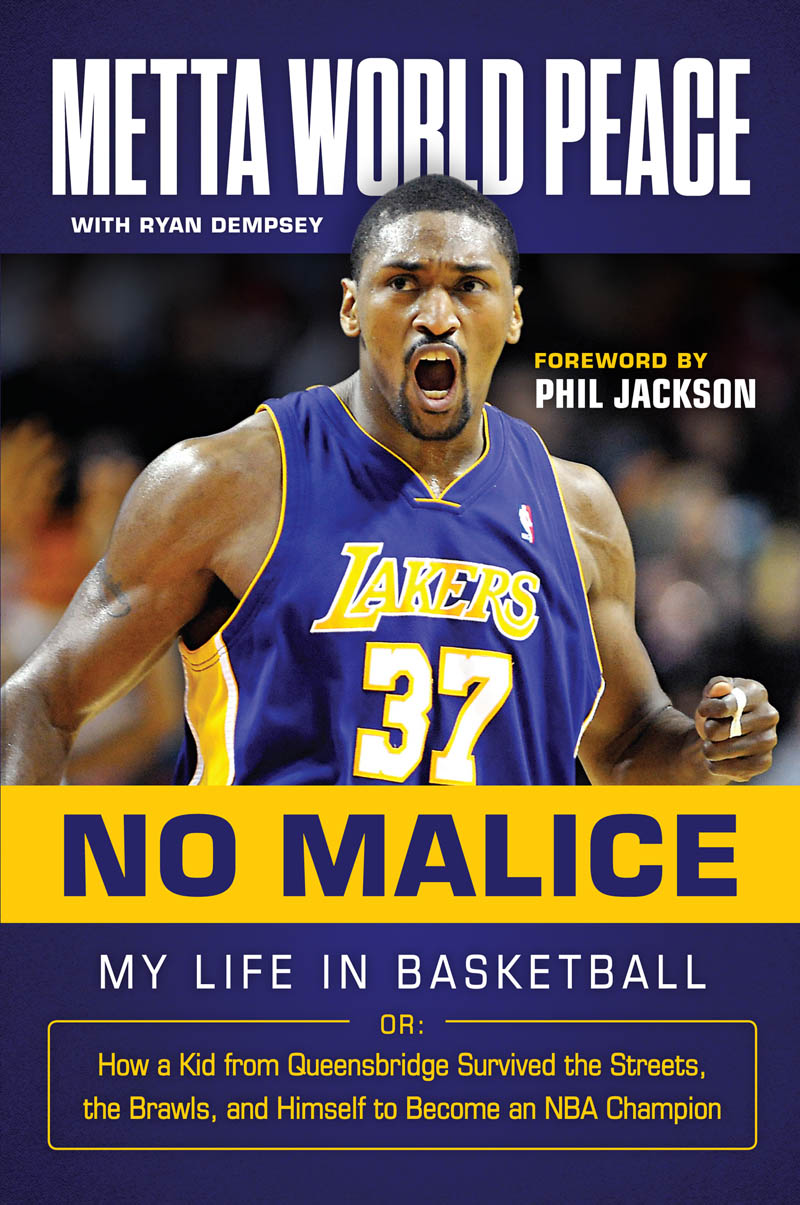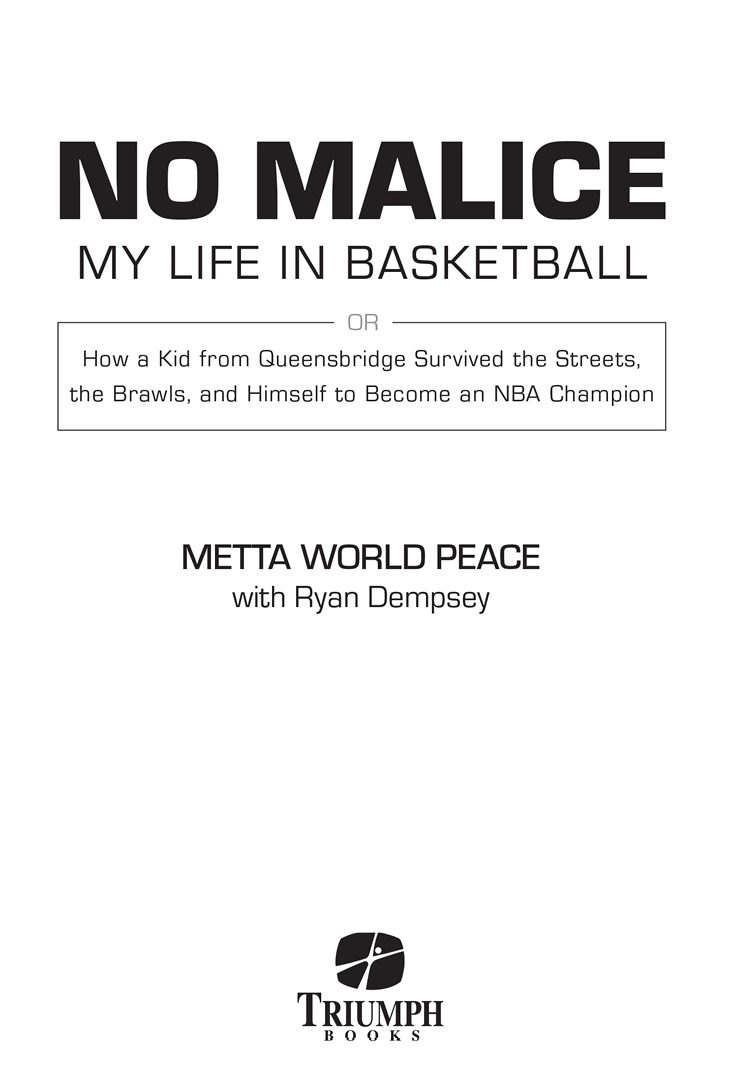
To my mom, for impressing upon me the value of making things fun, and to my dad, for showing me the importance of doing things right.
Contents
Queensbridge
Chicago
Indiana
Sacramento and Houston
Los Angeles
New York
Worldwide World Peace
Los Angeles
Foreword by Phil Jackson
I had just been named coach of the Los Angeles Lakers in 1999 when we had Ron Artest and three other draft-eligible players come in to work out with our staff. I sat in on an interview with Ron after the workout, and I asked him why he was coming out of St. Johns after only his sophomore year. He told me he had a responsibility to his family and that he had a steady girlfriend. What I learned from that interview was that even though he presented this warrior attitude on the basketball court, Ron had a nave, innocent nature about him that was endearing.
Ron was the 16 th pick in the first round by the Chicago Bulls, a team I had coached through the 1990s. I closely watched his progress as a professional. He was selected to the NBAs All-Rookie Team. He was traded to the Indiana Pacers a couple years later in a multi-player trade. While he was with the Pacers, he had success and helped the team. However, in 2004 he was involved in an ugly situation that ended with Ron in the stands fighting with a fan and getting suspended for the rest of the season. It could have been devastating to a players career, but Ron was able to rehabilitate his life as an NBA player and as an adult.
After winning a title in 2009 with the Lakers, I was headed to Montana when I received a call from our GM, Mitch Kupchak. He told me that after running into difficult contract negotiations with our starting small forward, Trevor Ariza, the Lakers were going to sign Ron as a free agent. What did I think? I thought it was amazing that what goes around comes around, a simple fact of life. After watching Ron for 10 years through the ups and downs of his career, he was now going to be one of the players I got to coach.
Ron came with all the accolades and blessings of his reputation: tough defense, good team play, the ability to create steals, and the desire to win. The system of basketball we played in L.A. had the reputation of being difficult to learn, especially for older players with ingrained habits. Ron took to the learning experience with a beginners mind and mastered playing alongside his teammates.
Playing the 2010 season as reigning champions was difficult. The years following a title can be tough; everyone is ready to challenge the champs. Ron came with the attitude: You guys were champs, Im just trying to help you win another one. He was always surprising me with his off-the-cuff behavior. He once stopped in front of the bench during a game and asked me to take him out as play continued up the floor. It was unusual for a player to ask for a substitution, as most guys resist coming out of a game. After the game I asked him why hed asked, and he told me that his replacement was playing better than he was. First time for everything with Ron, but that taught me a lot about how he viewed his place on a team.
The Lakers with Ron as a starting forward won the 2010 NBA Finals against the Boston Celtics. It was a seven-game series and Ron played an important role in guarding the Celtics top scorer, Paul Pierce, who had been instrumental in their win versus the Lakers in 2008. It was a knockdown series with hard play that exhausts teams. We struggled through a very difficult seventh game to win. I spoke to the press after it was over and said that I thought Ron was the most valuable player for us in that decisive game.
Ron/Metta has a lot of pride in being a part of the Lakers championship team, but it would probably take second place to his winning the J. Walter Kennedy Citizenship Award in 2011. Ron had to work through mental health issues during his tenure as an NBA player, and began to talk about it publicly and spoke in various forums about his experiences. His message was that being a big strong person doesnt mean that you cant struggle with mental illness. In Rons post-championship speech to the press, he thanked his psychologist for helping him relax during the anxiety of the seventh game. This was a real positive moment for all of us who had watched Ron/Mettas career over the last 20 years.
I was recently at the last game Metta played at Madison Square Garden in New York City. He had played a season with the Knicks in 201314 and the fans cheered him as the buzzer sounded. He loved it and applauded the fans right back. He also was feted in his last game of the season with the Lakers. His career as an impact player was recognized as well as his longevity, but his ability to remain humble, approachable, and very grateful for his career touched the fans.
There are a lot of players who have been affected by the glamour of playing in the NBA, some in a negative way and some in a positive way. Metta World Peace has kept growing and expanding his education and his life through it all. His story is one for kids and adults to admire.
Phil Jackson won two NBA championships as a player with the New York Knicks, and 11 more as head coach of the Chicago Bulls and Los Angeles Lakers. He coached Metta World Peace in L.A. from 2009 to 2011.
Introduction
There is a solution to every problem. The solution may not be easy, but its out there. You just have to find it. There are people who will tell you that you cant do certain things or that somethings impossible because of who you are or where you come from. Growing up where I did, its easy to think like that, but its not true. I always wanted to do something that someone said was impossible. If I didnt think like that when I was younger, I never would have gotten to where I am today. When faced with any problem, you just have to figure out the solution in order to be successful.
That is what drew me to math as a kid, because in math every problem has a solution. Math was definitely a challenge for me, but thats what I liked about it. It also kept me occupied by something positive when I could have easily been occupied by something negative. There were times when I would walk over to 12 th Street in Queensbridge and just work on my math homework. It has always been one of my favorite subjects. My junior high school math teacher was a hard-ass, but he taught me well and I enjoyed his class. It felt like he really wanted us to learn. He inspired me to want to become a junior high math teachergrowing up, that was my first goal. I knew that I wanted to play basketball, but I figured that I could make my living as a teacher.
Today, I still apply math to everything I do. I rely on math when it comes to my business and even when playing basketballespecially on defense. I like to look at the angles. I measure the distance between me and my man. I look at his feet and the ball and then change angles to make sure the center of my body is between my opponents feet and the ball. If hes holding the ball out away from his body, I have to adjust to that. Being able to judge that distance is what helped me rack up more steals.
The problems I faced didnt get any easier as I got older, but the solutions were always out there. I had to figure out how to be able to run and keep up with these young boys out on the court. That meant changing my ways. Not drinking was one solution. When I was struggling in the playoffs with the Lakers, Id meet with my psychologist. Together we found a solution to what was bothering me, and for those of you who watched Game 7 of the 2010 NBA Finals, you know how that turned out.


